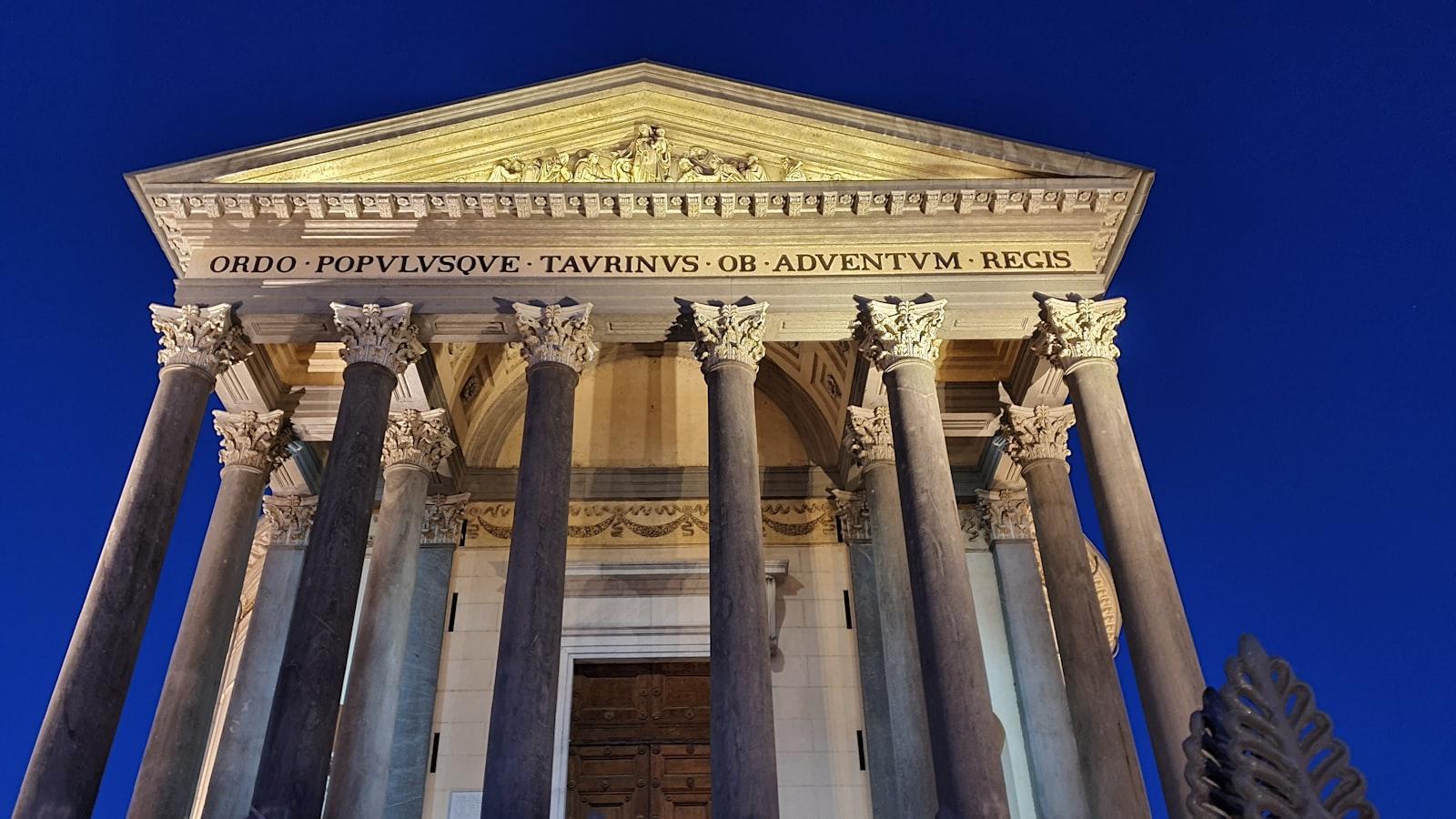Rally Runner, previously known as Daniel Donnelly Jr., has admitted to taking part in the events that occurred at the Capitol. This person, recognized for their amateur mascot role, has acknowledged their involvement in trying to enter the Capitol during the riot.
The repercussions of Rally Runner’s actions are substantial, as they now confront legal consequences for their unlawful conduct. By confessing their guilt, they have accepted responsibility for their role in the Capitol events.
Rally Runner’s actions have had a significant impact on the community as a whole. The aftermath of their involvement in the riot has had far-reaching effects, sparking conversations about the importance of upholding the law and respecting the democratic process.
This incident serves as a clear reminder of the significance of adhering to democratic principles and the rule of law. It emphasizes the necessity for individuals to act responsibly and ethically in all aspects of their lives, especially during times of political turmoil.
As Rally Runner faces the consequences of their actions, it is essential for the community to unite and reflect on the events that transpired. By drawing lessons from this experience, we can strive towards building a more inclusive and respectful society for everyone.
Rally Runner’s admission of guilt acts as a cautionary tale for individuals tempted to engage in unlawful activities. It underscores the importance of upholding democratic principles and the rule of law, highlighting the need for individuals to demonstrate integrity and respect towards others.

Shock and Guilt: Jan. 6 Defendant at Center of Conspiracy Theory Admits Wrongdoing
In a surprising development, a defendant involved in the January 6 Capitol riots has now confessed to their wrongdoing. This admission has caused shockwaves in the political realm and reignited discussions about the impact of conspiracy theories on inciting violent acts. Let’s delve deeper into this unfolding narrative and explore the implications of this revelation.
Background
On January 6, 2021, a group of supporters of then-President Donald Trump stormed the U.S. Capitol in an effort to overturn the results of the 2020 presidential election. The ensuing violence and chaos resulted in several fatalities and numerous injuries. Following the riots, hundreds of individuals were arrested and are facing charges ranging from trespassing to assault.
The Defendant’s Confession
One of the defendants, who has been at the center of a conspiracy theory alleging election fraud, has now come forward to admit their participation in the violence. This admission has evoked a mix of shock, relief, and guilt among those closely following the case.
Key Insights
- The defendant’s confession sheds light on the dangerous influence of conspiracy theories on individuals’ actions.
- It serves as a stark reminder of the real-world consequences of spreading false information and endorsing unfounded claims.
- The confession may impact the legal defense strategies of other defendants involved in the Capitol riots.
Impact on the Political Landscape
This recent development has reignited debates about the role of social media and misinformation in fueling political extremism. It also raises questions about addressing the underlying grievances and distrust that drive individuals to engage in violent acts.
Case Study: Social Media’s Role in Radicalization
| Date | Event |
|---|---|
| 2016 | First documented case of online radicalization leading to violence |
| 2020 | Social media platforms under scrutiny for allowing extremist content dissemination |
Benefits and Practical Advice
One potential benefit of the defendant’s confession is that it could prompt greater awareness and accountability in combating misinformation and extremism. In light of this development, here are some practical tips for staying informed and vigilant:
- Verify information from multiple sources before sharing it.
- Exercise caution with content that fuels fear or anger, as these emotions can be manipulated to incite extremist behavior.
- Engage in open and respectful dialogue with individuals holding differing viewpoints to foster understanding and unity.
Personal Reflection
Having closely monitored the events of January 6 and the subsequent legal proceedings, I can attest to the profound impact of the defendant’s confession. It serves as a stark reminder of the power of deception and the importance of holding ourselves and others accountable for our actions.
the unfolding narrative of the defendant at the center of a conspiracy theory admitting wrongdoing serves as a sobering reminder of the dangers of misinformation and radicalization. It underscores the urgent need for heightened awareness, dialogue, and action to prevent similar incidents in the future.
The post Shock and Guilt: Jan. 6 Defendant at Center of Conspiracy Theory Admits Wrongdoing appeared first on lawyer.bet.
rnrn




